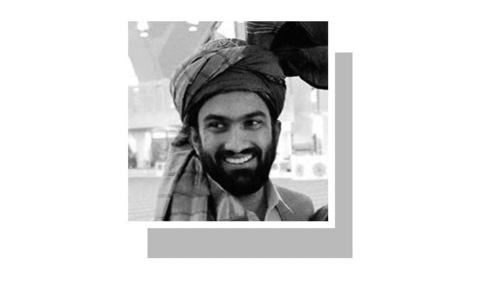EL-FASHER (Sudan), Oct 15: The commander of the UN-led peacekeeping force in Darfur says mistakes by the international community have prolonged the conflict and that there is no immediate prospect for peace.
General Martin Agwai’s comments come as the Sudanese government is set to launch an initiative on resolving the war, hoping to defer possible international legal proceedings against President Omar al-Beshir for alleged war crimes.
“Honestly, I do not see any prospects for immediate peace in Darfur because there are too many interests,” Agwai told the BBC and AFP in an interview at the headquarters of the United Nations-African Union mission in El-Fasher.
“There is also infighting between the movements and between all the stakeholders. With that I cannot see peace coming immediately,” he added.
“When there is no agreement on even how to negotiate, then you can see it’s going to be very long and that is my concern.” The first days of the conflict, which erupted in February 2003 when ethnic rebels in the western Sudanese region rose up against the Arab-led regime fighting for wealth, power and resources, has degenerated into a vastly more complex web of violence.
Agwai said there were more than two dozen rebel movements in a population of six million and that the conflict was no longer simply “African against Arab” but coloured by infighting between Africans, Arabs and rival signatories of past peace accords.
He also had a strong message for the international community, whose massive engagement has failed to translate into peacekeeping boots on the ground, saying its mistakes have prolonged the conflict.
“Prolonged it in the sense that the approach has been delayed, because if we had approached it from day one with constructive engagement, maybe we would have got beyond where we are today,” he said.
“Now we are taking time to correct them (the mistakes).”The Nigerian general also warned that Djbril Bassole, who took up his post in August as the first joint chief mediator for the AU-UN, must be the focal point for a plethora of nascent initiatives to end the conflict.
“If we allow them to operate independently then I don’t see any progress.” Agwai said.In September, Arab League foreign ministers decided to set up a panel headed by Qatar to sponsor peace talks with Darfur rebels, although some groups have already scorned the initiative.
Beshir is also due to launch on Thursday the so-called Sudan People’s Initiative bringing together various Sudanese political forces in the hope of reaching a peace agreement.
Agwai said the latest UN estimate that 60-65 per cent of the 26,000-strong mission would deploy by year-end was “achievable” but that he intended to step down some time next year once 80-90 percent are on the ground.
“If I stay beyond 2009 I’ll burn out.” He said there had been closer cooperation with the government on UNAMID’s deployment in the wake of an outcry over a July attack that killed seven peacekeepers which was at least initially blamed on Arab militia.
A week after the attack, the chief prosecutor of the International Criminal Court requested an arrest warrant against Beshir for alleged war crimes, genocide and crimes against humanity in Darfur.—AFP












































Dear visitor, the comments section is undergoing an overhaul and will return soon.